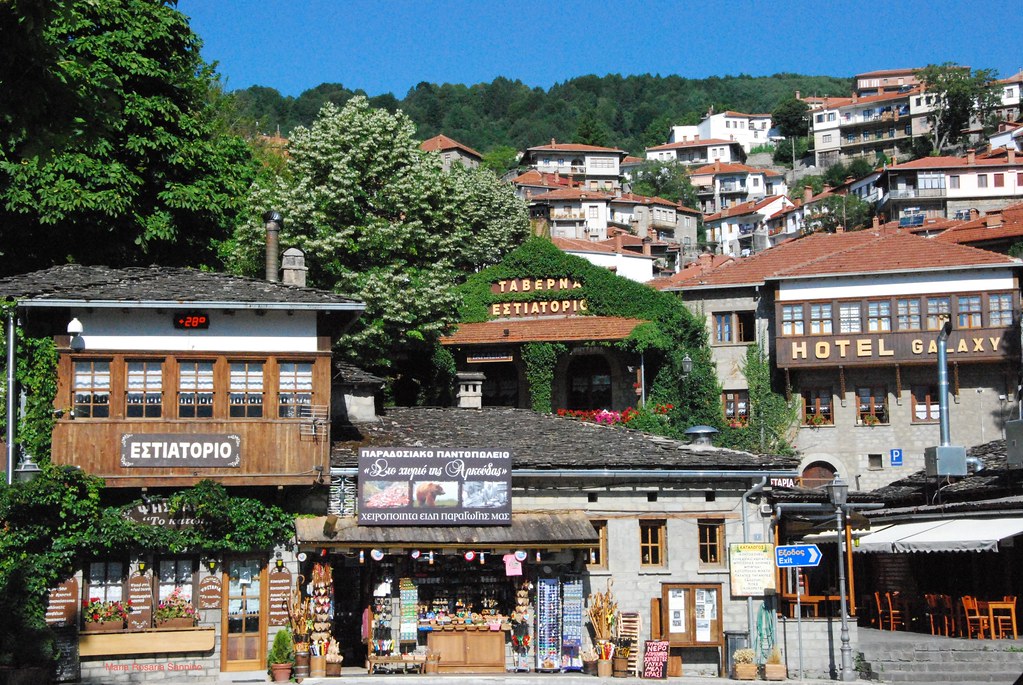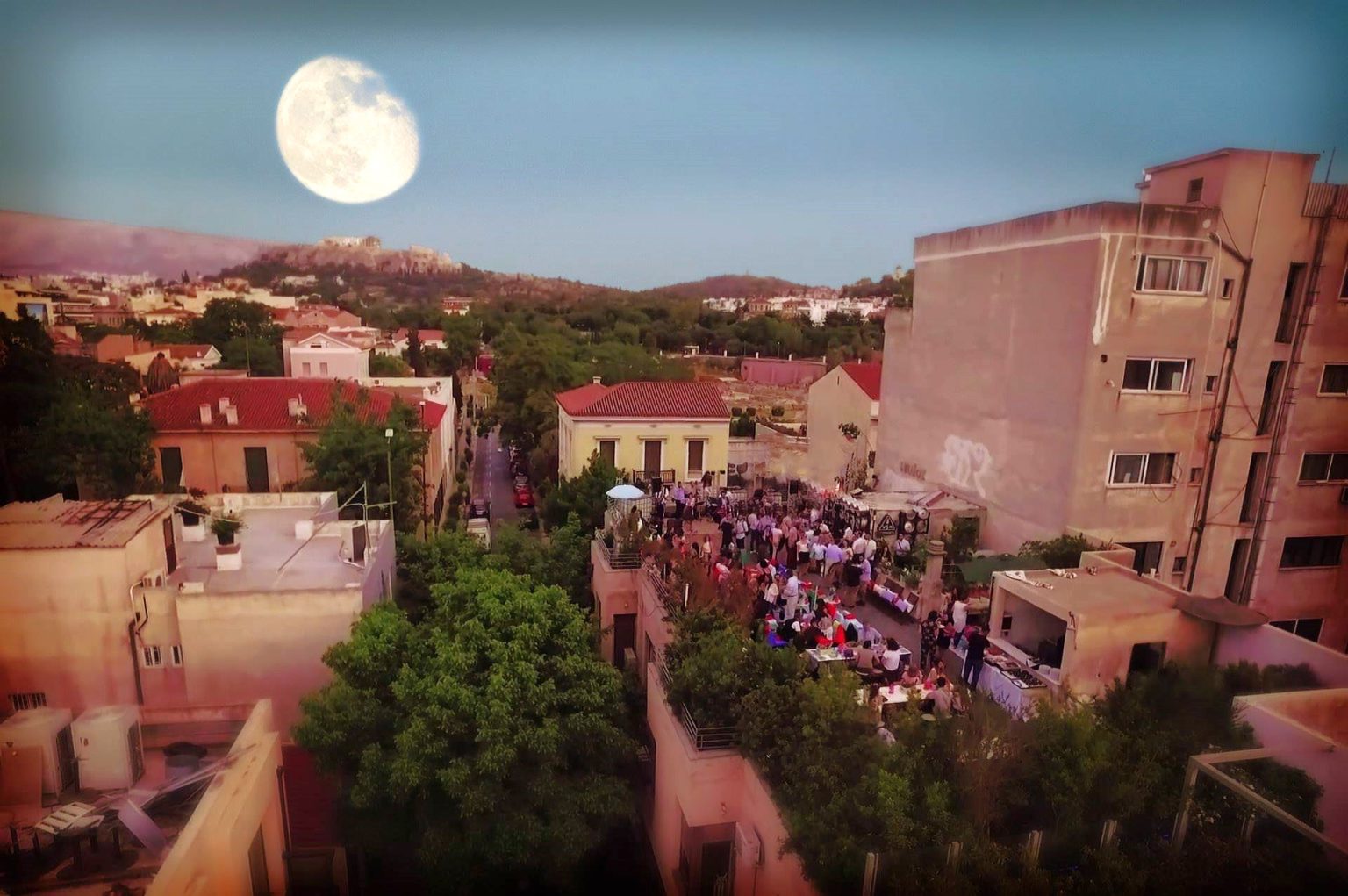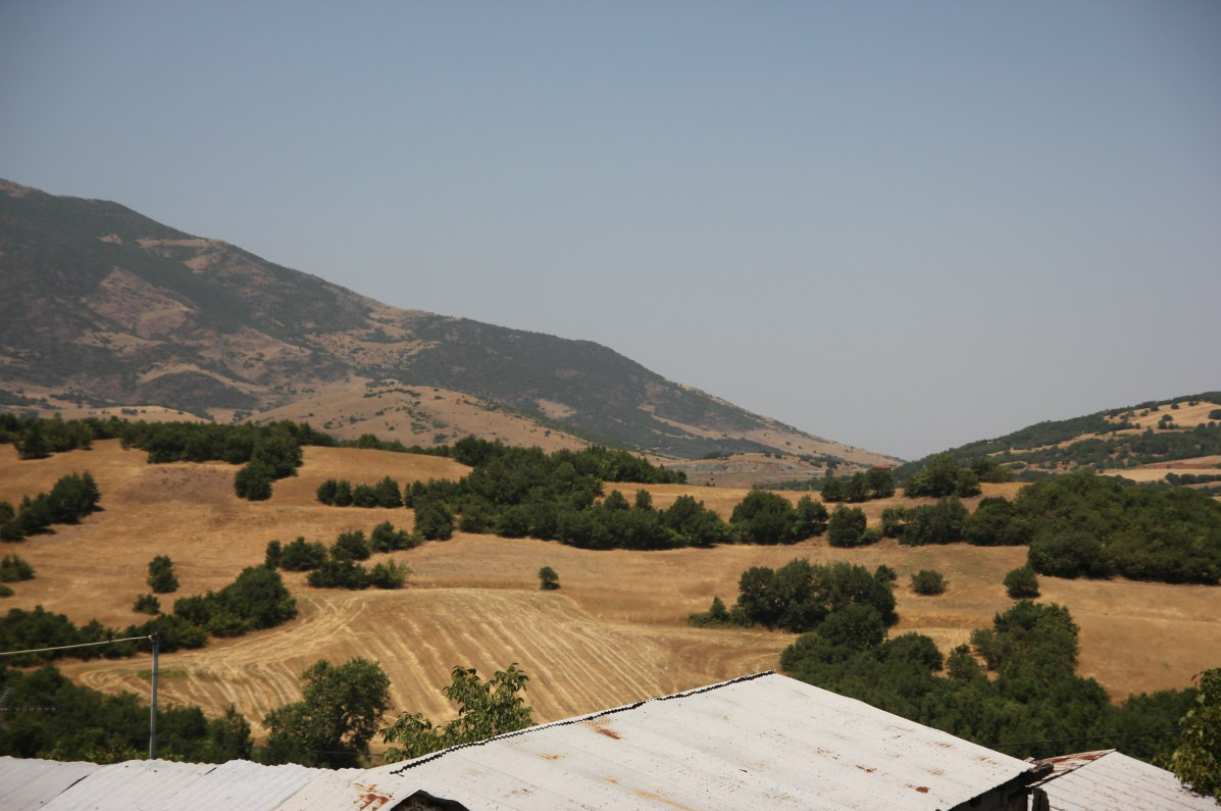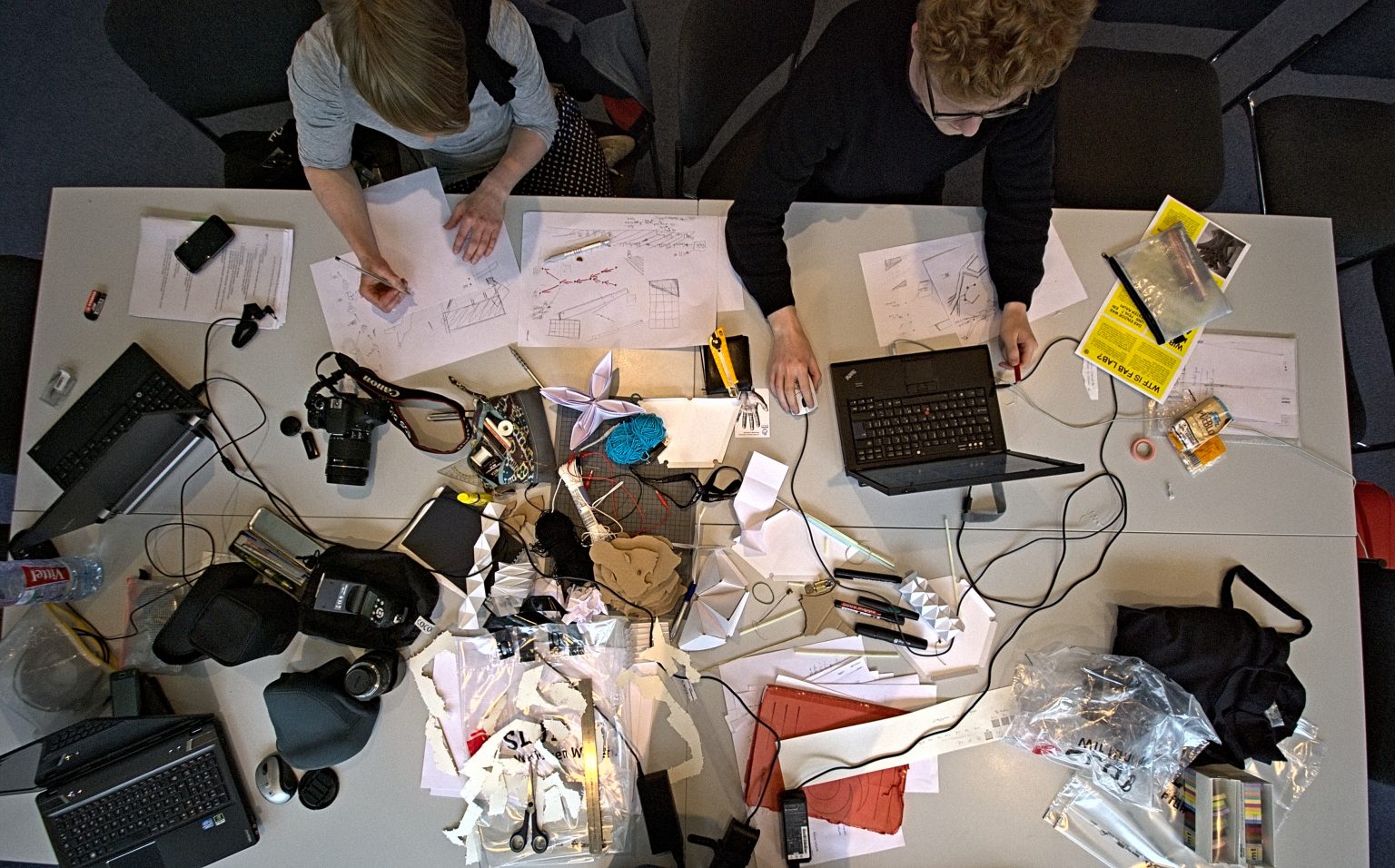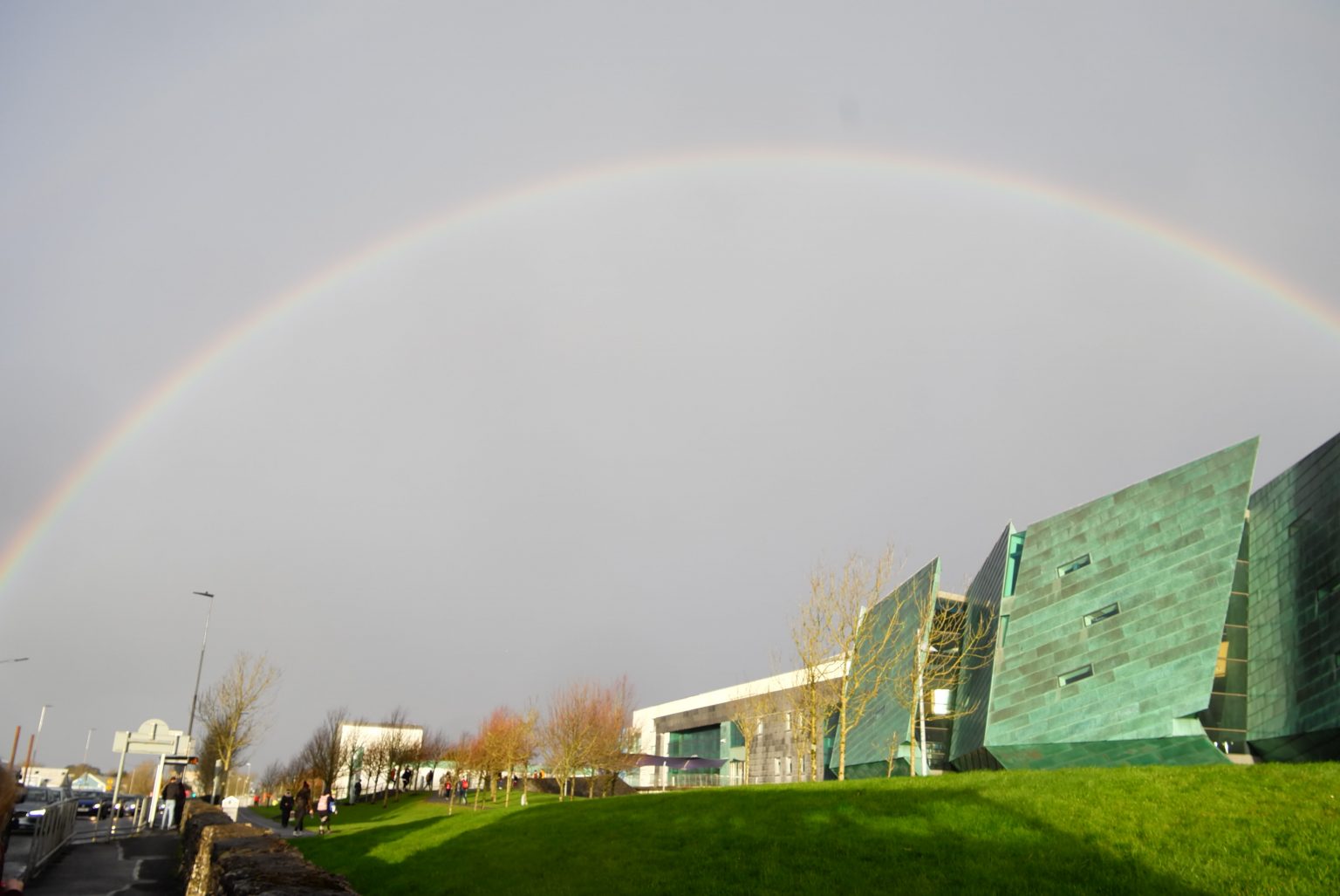(E)quality Workplaces for Women? by Alexandra Wrbka
Gender Dynamics in Collaborative Workspaces in Non-Urban Areas in Austria
Read More →
If we can make it there, we can make it everywhere: grassroots social innovations for post- capitalistic futures by Danai Liodaki and Colm Stockdale
If we can make it there, we can make it everywhere: grassroots social innovations for post- capitalistic futures Danai LiodakiColm Stockdale Abstract: This paper aims ...
Read More →
The role of collaborative workspaces in promoting networking opportunities: a comparison between urban and peripheral contexts
The role of collaborative workspaces in promoting networking opportunities: a comparison between urban and peripheral contexts Lorenzo MarmoAntonis RovolisVasilis Avdikos Abstract: This paper aims at ...
Read More →
Alternative futures “in the making”: Insights from three makerspaces in peripheral Greece
Alternative features “in the making”: Insights from three makerspaces in peripheral Greece Danai Liodaki Abstract: The great environmental and social challenges of recent decades have ...
Read More →
Is making alternative? Rethinking development in Germany’s makerspaces.
Is making alternative? Rethinking development in Germany’s makerspaces. Danai Liodaki Abstract: This paper explores the ideological backgrounds, normative motivations, and the degrees of alterity among ...
Read More →
Theorizing Multiple Geographies: Interrelations of Space and Multiplicity in Geographical Research
Theorizing Multiple Geographies: Interrelations of Space and Multiplicity in Geographical Research Danai Liodaki Abstract: Starting from the observation that the notion of “multiple geographies” has gained ...
Read More →

